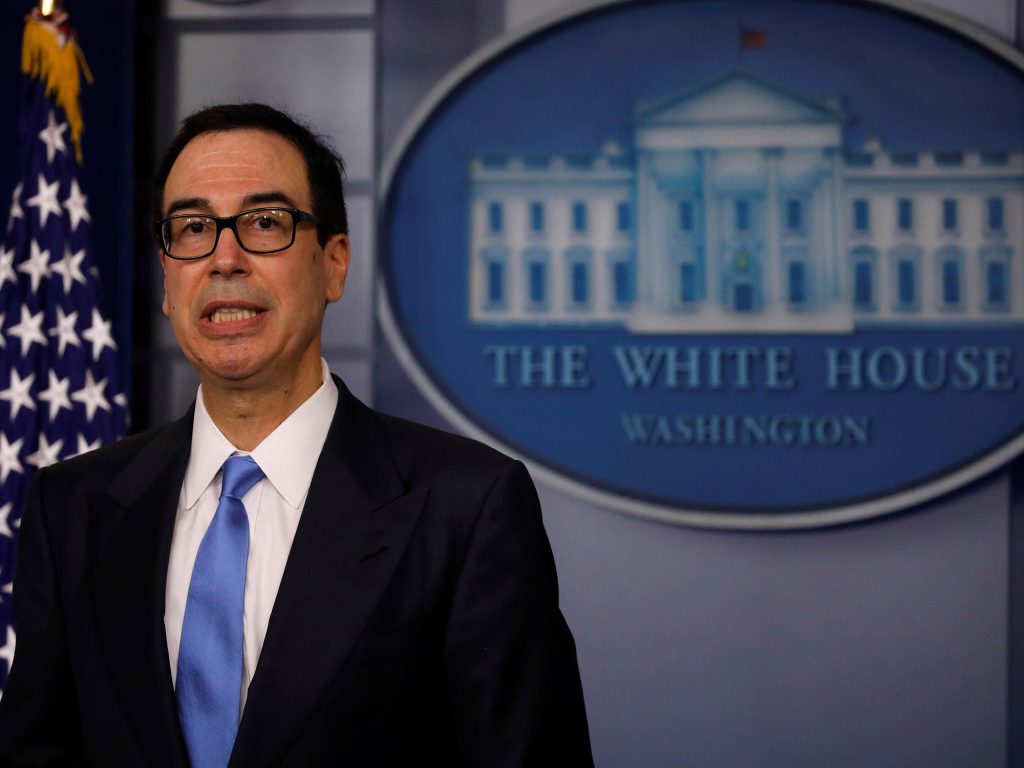The term secondary sanctions provokes strong reactions from allies and markets. Due to the power of the US dollar, breadth of the US market, and dominance of the US financial system, even the threat of secondary sanctions prompts many non-US companies to change their behavior to avoid the risk of such sanctions. Although this approach has furthered US policies, it has resulted in transatlantic political divergence and enhanced compliance uncertainty among private sector actors.
In “Secondary Sanctions’ Implications and the Transatlantic Relationship” authors Samantha Sultoon, a visiting senior fellow at the Atlantic Council’s Global Business & Economics Program and Scowcroft Center for Strategy and Security, and Justine Walker, Director of Sanctions Policy at UK Finance, aim to inform a broader transatlantic dialogue on the context of unilateral US secondary sanctions and how to support market stability, legal clarity, and compliance effectiveness. The authors identify key trends that warrant closer analysis and provide specific recommendations for policymakers to consider before employing US secondary sanctions.
Key Recommendations:
- Proactively mitigate the unintended consequences: Secondary sanctions should not be applied without tools to mitigate unintended impacts, such as a wind-down period.
- Use sanctions in support of a cogent objective: Sanctions, primary or secondary, must be applied in support of a clearly defined and well-informed policy objective.
- Default to primary, not secondary, sanctions: With the use of primary sanctions, the messaging is far more transparent, and the implementation and compliance far simpler.
- Support compliance: The United States could help the private sector better understand and effectively adhere to secondary sanctions by developing clear guidance for non-US persons impacted by the imposition or threat of US sanctions.
- Provide clarity for non-US actors on the application of general licenses and definition of “significant transaction”: OFAC could issue further guidance and promote existing compliance resources for non-US actors seeking clarification on the management of secondary sanctions exposure.
- Conduct advance due diligence across markets and alliances: Engagement with allies and partners as to the potential risks to their economies and knock-on impacts to the global supply chain should be standard practice.
- Recognize the implications of secondary sanctions: US policymakers need to recognize that utilizing secondary sanctions can alienate key allies and prompt them to pursue adversarial actions.
Image: Treasury Secretary Steven Mnuchin answers question from reporters about the United States new sanctions on Iran at the White House in Washington D.C., U.S., June 24, 2019. REUTERS/Carlos Barria
